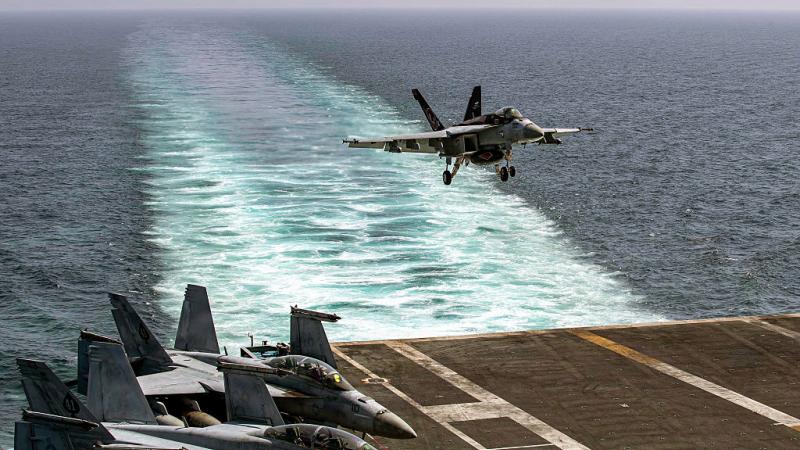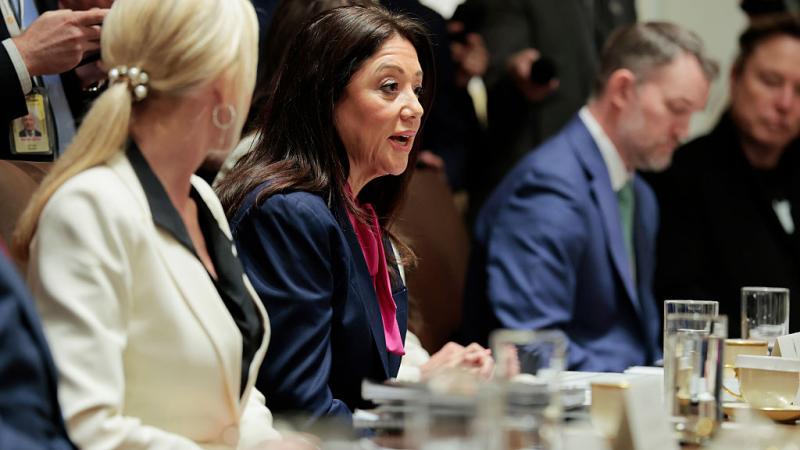As China's Xi gears up for major speech, Beijing rails against U.S. arms sales to Taiwan
In dual-pronged rebukes on Thursday, Beijing's defense and foreign ministries decried the proposed sale.
In the lead-up to a major speech from China's president touting his country's part in the Korean War, Beijing railed against the potential sale of $1.8 billion worth of U.S. weapons to Taiwan, raising the specter of unspecified response.
The sale includes missiles, artillery, and sensors, according to reports issued Wednesday by the Pentagon's Defense Security Cooperation Agency (DSCA).
In dual-pronged rebukes on Thursday, Beijing's defense and foreign ministries decried the proposed sale.
The U.S. move "sends out gravely wrong signals to Taiwan independence forces and severely undermines China-U.S. relations and peace and stability across the Taiwan Strait," foreign ministry spokesman Zhao Lijian told reporters Oct. 22. "China firmly opposes it."
In what some overseas media outlets described as a threat, Zhao added: "China will make a legitimate and necessary reaction in the light of the development of the situation."
China's defense ministry echoed the seemingly bellicose language when objecting to the arms sale. "If the U.S. side discards the basic norms of international relations, violates its commitment and acts capriciously and obstinately, China will for sure resolutely strike back," said a spokesman, Senior Colonel Tan Kefei.
The comments came as Beijing announced that President Xi Jinping would give an "important speech" while at an event commemorating China's part in the Korean War. The event marks the 70th anniversary of what Beijing described as "the War to Resist U.S. Aggression and Aid Korea."
Beijing in the past four years has escalated its rhetoric and actions regarding Taiwan, which it views not as an independent nation, but as part of the mainland's "One China" policy.
RAND Corporation researchers observed this year that Beijing aims to enhance its overall military capabilities.
"Looking decades out, China seeks to outpace its military rivals," researchers wrote in a July report. The researchers highlighted changes in how China is revamping its Peoples Liberation Army (PLA). "Unlike U.S. forces, the PLA has no real history of deploying sizeable operational forces overseas, so the fact that it is now on a long-term force development path to do so is noteworthy," they wrote.
Beijing on Thursday dismissed comments from Taiwan that it does not want to compete in an arms race, and wants only to be able to defend itself.
"If they truly don't want to engage in an arms race, then they should match their words with actions, instead of saying one thing and doing the opposite," Zhao said.
The United States is not bothered by the comments from Beijing, a defense official told Just the News, couching the remarks as "predictable" responses to arms deals that bolster Taiwan.
"The proposed sale of this equipment and support will not alter the basic military balance in the region," the DSCA said Wednesday when announcing the sales. The sale "will help improve the security of the recipient and assist in maintaining political stability, military balance, and economic progress in the region," the office said.














